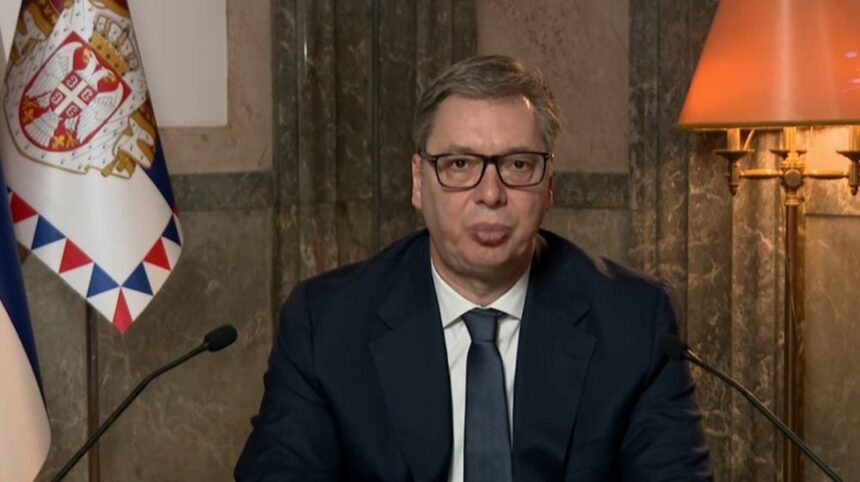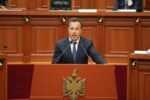Serbian President Aleksandar Vučić’s latest statements regarding the Novi Sad tragedy reveal a calculated effort to avoid public accountability. When approached by Dijana Hrka, the mother of one of the young victims who has been on a hunger strike in front of the National Assembly for seven days, Vučić declared he was “ready to talk”—but only under conditions that exclude public scrutiny. By insisting the meeting occur without witnesses or cameras, he avoids transparency while presenting the illusion of empathy.
Vučić repeatedly emphasized that his conscience is “clear” and that he has preserved stability for over 14 years, framing himself as above reproach. His insistence that Hrka end her hunger strike and warnings about her health serve less as genuine concern and more as a mechanism to silence criticism and control the narrative.
Even in recounting a private visit to the Firić family, whose daughters Sara and Valentina died in the station collapse, Vučić prioritized portraying himself favorably over acknowledging systemic failures. Accusing “blockade groups” of leaking information shifts focus away from his government’s negligence and toward managing public perception.
The pattern is clear: Vučić positions himself as willing to act while actively minimizing scrutiny, deflecting attention from the need for accountability and justice for the victims. Meanwhile, families and the public are left waiting for concrete answers and meaningful action from a government more focused on optics than responsibility.







